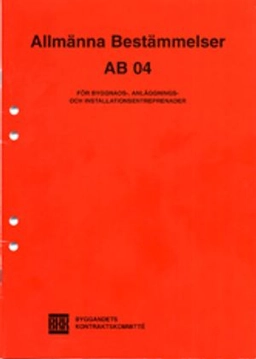Analyzing the ways U.S. culture has been formed and transformed in the 80s and 90s by its response to the Vietnam War and the AIDS epidemic, Marita Sturken argues that each has disrupted our conventional notions of community, nation, consensus, and 'American culture.' She examines the relationship of camera images to the production of cultural memory, the mixing of fantasy and reenactment in memory, the role of trauma and survivors in creating cultural comfort, and how discourses of healing can smooth over the tensions of political events. Sturken's discussion encompasses a brilliant comparison of the Vietnam Veterans Memorial and the AIDS Quilt; her profound reading of the Memorial as a national wailing wall - one whose emphasis on the veterans and war dead has allowed the discourse of heroes, sacrifice, and honor to resurface at the same time that it is an implicit condemnation of war - is particularly compelling. The book also includes discussions of the Kennedy assassination, the Persian Gulf War, the Challenger explosion, and the Rodney King beating. While debunking the image of the United States as a culture of amnesia, Sturken also shows how remembering itself is a form of forgetting, and how exclusion is a vital part of memory formation. (Bookdata)
Åtkomstkoder och digitalt tilläggsmaterial garanteras inte med begagnade böcker





















